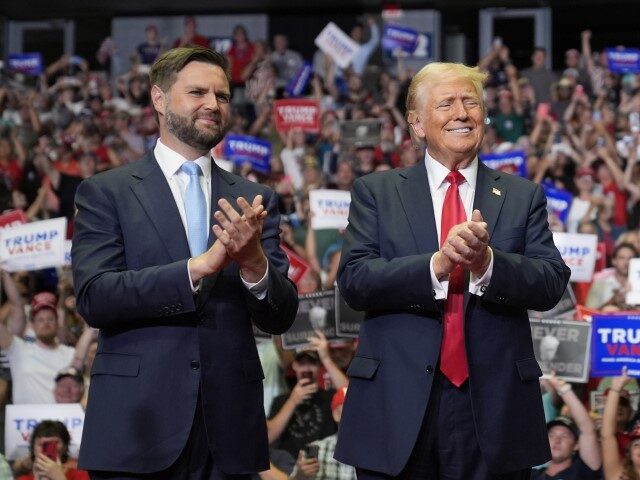Consumer Confidence Gets A Boost As Economic Optimism Grows
 Evan Vucci/AP
Evan Vucci/AP
American consumers are feeling a bit more optimistic about the economy.
The Conference Board’s index climbed to 100.3, up from June’s revised 97.8. That’s a small increase, but still shy of pre-pandemic levels, and not enough to lift the spirits across the board.
The outlook for the next six months brightened, hitting 78.2 — the best since January. But not everything’s rosy. The current conditions gauge dipped to its lowest point in over three years, signaling that while hopes are high, reality isn’t quite keeping up.
“Confidence increased in July, but not enough to break free of the narrow range that has prevailed over the past two years,” said Dana M. Peterson, Chief Economist at The Conference Board. “Even though consumers remain relatively positive about the labor market, they still appear to be concerned about elevated prices and interest rates, and uncertainty about the future; things that may not improve until next year.”
The July survey’s decline in pessimism may reflect Joe Biden’s announcement that he would no longer seek a second term and improved expectations among Republicans. A separate survey by the University of Michigan released last week showed a big jump in optimism among Republicans and a decline among Democrats.
Although many traditional economic indicators remained stable in July, consumers witnessed a stampede of breathtaking news events. A gunman attempted to assassinate Donald Trump, Joe Biden dropped out of the race, the Republicans gathered in Milwaukee for a raucous convention, JD Vance was tapped as Trump’s running mate, and Biden said he favored Vice President Kamala Harris to succeed him as the Democratic Party’s nominee.
Inflation is still the biggest drag on consumer confidence.
“July’s write-in responses showed that elevated prices, especially for food and groceries, and inflation (the rate of change in prices), remain the key drivers of consumers’ views of the economy, followed by the US political situation and the labor market. Mentions about the forthcoming elections increased, although the share of respondents believing the 2024 election would impact the economy was lower than write-ins from July 2016,” Peterson said.
The survey shows that the job market is seen as cooling. Only 34.1 percent of consumers say jobs are plentiful, the smallest share since March 2021. The number of people saying jobs are “hard to get” crept up slightly.
Average 12-month inflation expectations remained “stable” at 5.4 percent, according to the Conference Board. That is high by historical standards but far below the peak of 7.9 percent reported in 2022. The share of consumers expecting higher interest rates over the next 12 months dropped for the second month in a row to 50.3 percent—the lowest since February 2024. The Federal Reserve has signaled that it expects to cut interest rates sometime later this year.
Source link

